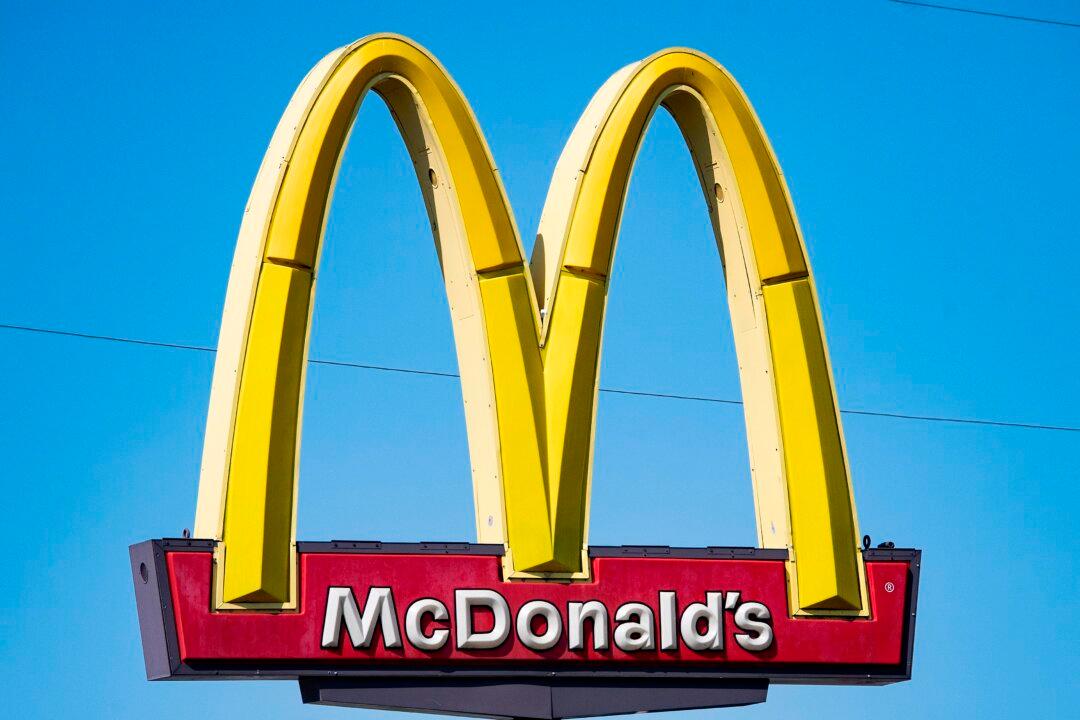The Supreme Court’s refusal this week to take up McDonald’s appeal of a lower court ruling means the fast food giant will have to face a class action that alleges the company violated antitrust laws.
The burger chain was sued in 2017 over no-poaching agreements between franchise owners that allegedly violated workers’ rights by limiting their job mobility. The U.S. Court of Appeals for the 7th Circuit resurrected the proposed class action lawsuit after a lower court dismissed it.





